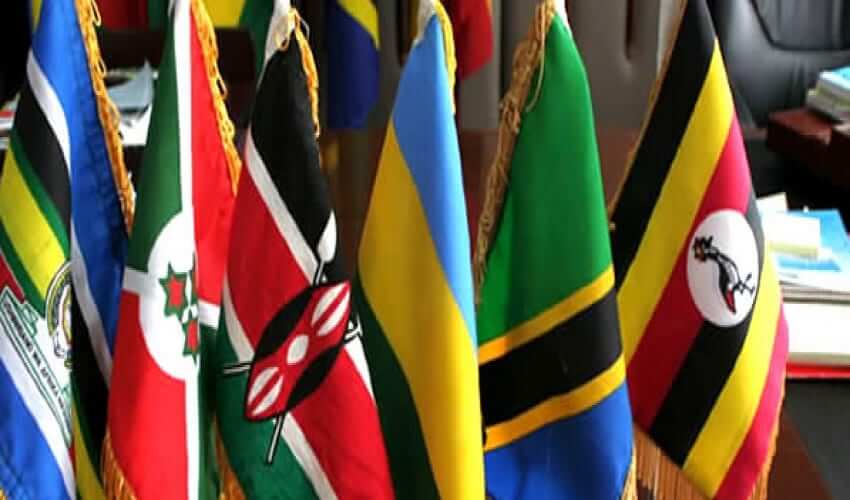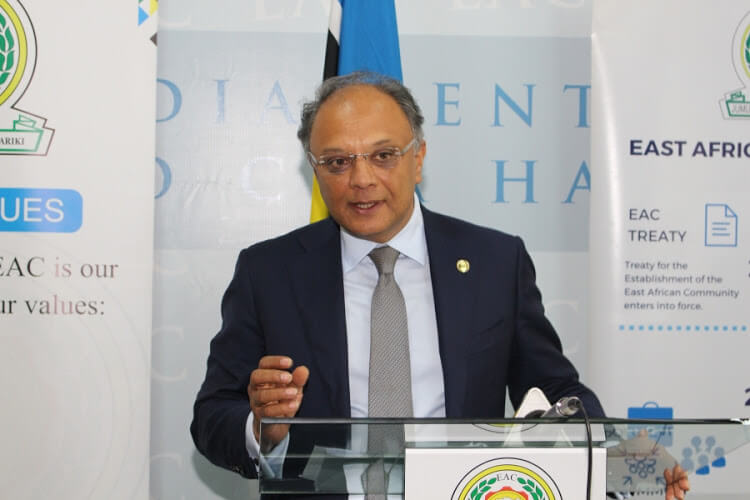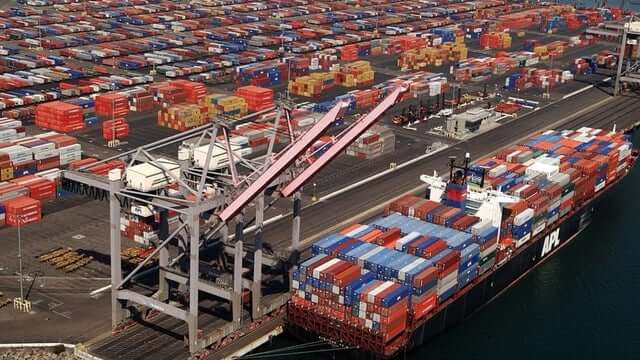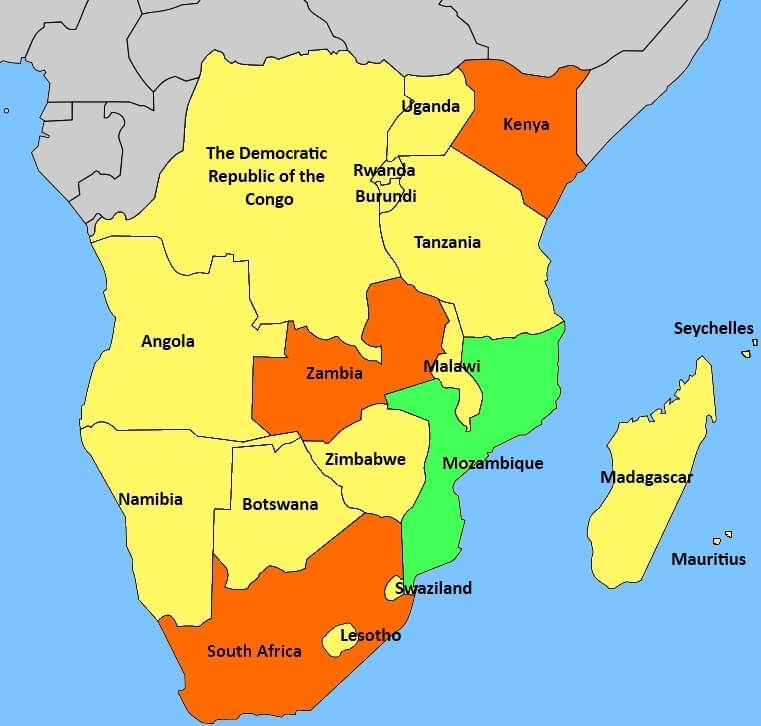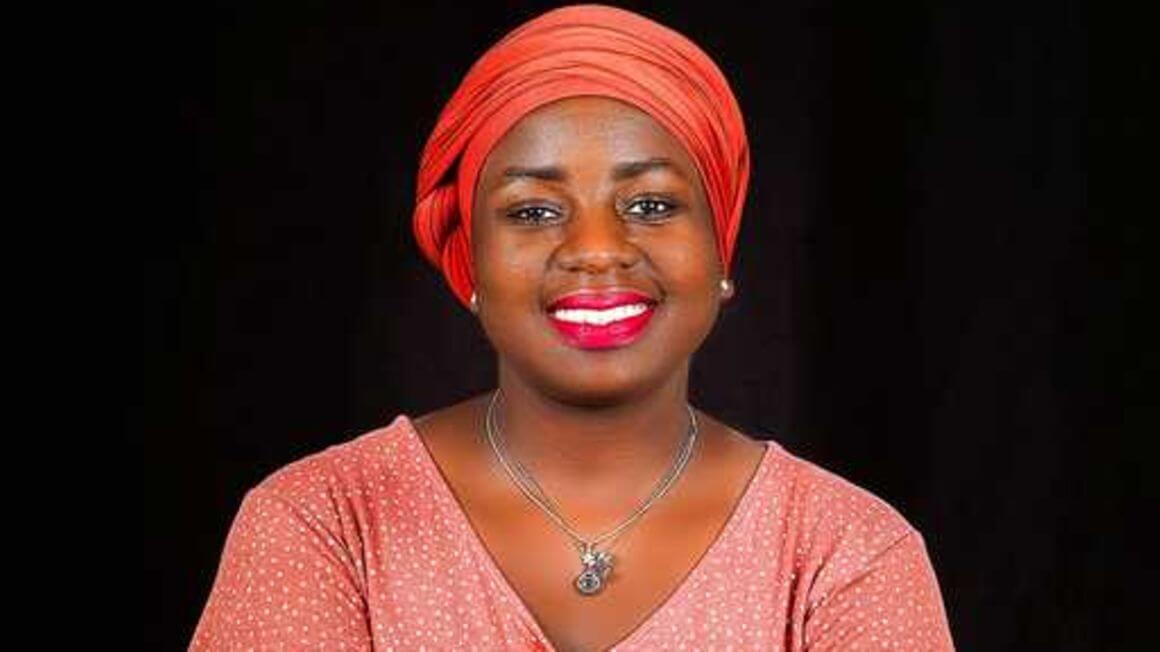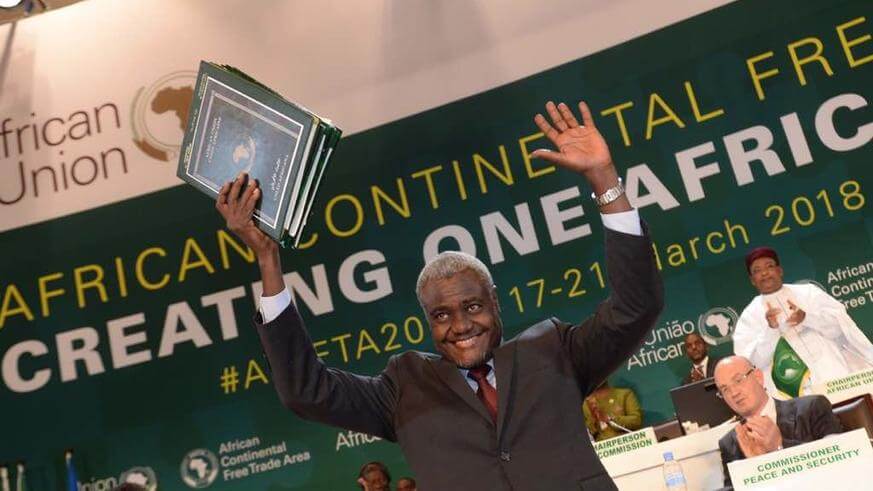KINSHASA, Democratic Republic of Congo The President of the Democratic Republic of Congo had a meeting for more than an hour with Burundian counterpart at the Palace of the Nation on Tuesday, according to the presidency. Felix Tshisekedi and Evariste Ndayishimiye later chaired the signing of four memorandums of understanding (MoU). "Our discussions therefore focused mainly on bilateral subjects but we also discussed subjects of interest to the Great Lakes Region, the East African Community," Ndayishimiye said in a series of tweets. The MOUs concern the strengthening of peace, trade relations, development of a train line between Kindu-Uvira-Bujumbura-Kitega and political and diplomatic consultations. "I am therefore happy to be in #Kinshasa and to have witnessed the signing of the agreements that will revitalize trade, social, political and diplomatic exchanges between #Burundi and #RDC,” said Ndayishimiye. “Our friendship and diplomatic ties were already excellent and strong.” The Democratic Republic of Congo Presidency said last Sunday that the visit is in line with the materialization of the will of the two leaders to strengthen excellent relations of friendship and cooperation that bind the peoples of the Democratic Republic of Congo and Burundi, as well as the peaceful coexistence between the respective peoples. Read original article
DR Congo, Burundi sign 4 Memorandums of Understanding
Posted on: July 14, 2021
Posted on: July 14, 2021


